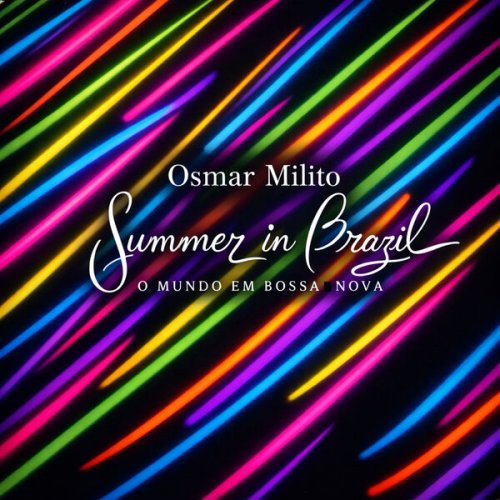L`Orkestre des pas Perdus - Projet 9 (2007)
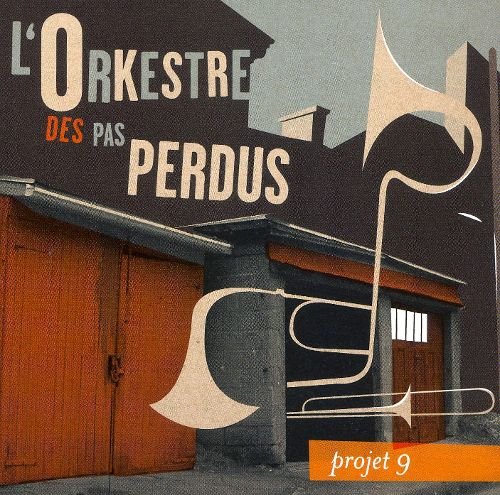
Artist: L`Orkestre des pas Perdus
Title: Projet 9
Year Of Release: 2007
Label: Cross Current Music
Genre: Avant-Garde Jazz
Quality: FLAC (image+.cue, log, Scans)
Total Time: 43:56
Total Size: 289 MB
WebSite: Album Preview
Tracklist: Title: Projet 9
Year Of Release: 2007
Label: Cross Current Music
Genre: Avant-Garde Jazz
Quality: FLAC (image+.cue, log, Scans)
Total Time: 43:56
Total Size: 289 MB
WebSite: Album Preview
01. La belle affaire (4:08)
02. Justice Borgne (3:48)
03. Piиce а conviction (4:07)
04. Chameau no.5 (4:06)
05. Deus ex-machina (3:44)
06. Gastro Funk (4:28)
07. Artpiиge (3:16)
08. Panorama (4:18)
09. Dos d'вne (3:38)
10. Mйcanique populaire (3:42)
11. Couvre feu (4:42)
Montreal bandleader, composer, and trombone madman Claude St-Jean's high-spirited brass band L'Orkestre des Pas Perdus are usually a compact sextet featuring St-Jean's 'bone along with two saxophones, trumpet, and a tight rhythm section of sousaphone and drums (with some of the multi-instrumental bandmembers adding additional colors with flute, piccolo, clarinet, flügelhorn, and more). But as the title of 2007's Projet 9 suggests, the group has expanded to a nonet here, with four instead of two saxophonists (adding Marc Villiard on alto as well as tenor man and flutist Pierre Labbé from St-Jean's other band, Les Projectionnistes) and Bruno Blouin-Robert on cor Français. The rest of the sextet -- drummer Rémi Leclerc, soprano saxophonist/clarinetist Jean-Denis Levasseur, saxophonist Roberto Murray (here featured exclusively on baritone), sousaphonist Jean Sabourin, trumpeter Maxime St-Pierre, and St-Jean -- remains intact, a finely honed unit with over a decade's worth of experience pumping out the bandleader's high-energy tunes, as heard on OPP classic CDs like 2004's Mondo Cuivro and 1998's Maison Douce Maison. St-Jean has always been an ingenious writer for this ensemble, employing tight multi-layered riffing and counterpoint over those insistent, danceable rhythms, and often making OPP sound bigger than they really are. Well, here OPP are bigger, so if the sextet sounded like a nonet, the nonet seems more like a 12tet, but just as sharp and focused as ever. Right out of the gate on the opening "La Belle Affaire," OPP swing like crazy, brass and reed accents crisp and punchy behind multiple soloists rising together out of the mix in fine New Orleans classic jazz fashion, but with the type of internationalist flair one has come to expect from OPP, untethered to a narrowly defined style or specific geographical location. A more complicated offering, "Justine Borgne" begins with a brief drummerless intro for flute, horn, and reeds leading into a series of interludes with sometimes knotty rhythms and surprising compositional twists and turns, steadily rising in energy and tightening up until an abrupt finish.
Blowing vehicle "Pièce à Conviction" rolls forward in 7/8 with a circular sax ensemble line staking out the middle territory between Leclerc and Sabourin's funked-up rhythm work and brief hot solos from St-Pierre, Villiard, and Levasseur. Another highlight, "Deus Ex Machina" features the band in hyper swing mode with bright layers of reed and brass harmonies swirling through the mix. "Gastro Funk" is indeed the hottest funkster here, with the band impossibly punchy and in-the-pocket, hitting hard but with consummate style underneath St-Jean's growling trombone and Labbé's tenor skronk and squeals. Midtempo bluesy jazzer "Art Piège" features a bridge suggesting -- of all people -- Philip Glass (are OPP moving toward post-minimalism?), while "Panorama" sandwiches its tight ensembles, impossibly infectious groove, and crazed soloing between an opening and closing Zappa-esque theme. Despite the nearly dizzying complexity of "Dos d'Âne," the tune's forward momentum still nearly sweeps the listener away, while the closing "Couvre-Feu" brings the zaniness of a Raymond Scott cartoon soundtrack to a literal barnyard of sounds. Like other OPP CDs, the listener should expect concision -- soloists given 16 bars, say, to state their case and then fall back into the ensemble to navigate St-Jean's compositional twists and turns and accent the next soloist who steps into the spotlight. And the 11 tracks here all pack their punches into running times in the three-and-a-half to four-and-a-half-minute range. In other words, OPP are about the farthest thing imaginable from "free jazz," collective improvisation, or other likeminded approaches to musical expression in the avant-garde world. Yet they continue to be highly idiosyncratic and don't fit in anybody else's box, certainly compared to conventional post-bop and even the most adventurous of modern creative jazz groups. Claude St-Jean and his one-of-a-kind OPP want to stun and surprise you with their skill and inventiveness -- here writ large with their most spectacular lineup yet. But they mainly want you to have fun, and on Projet 9 they most certainly do not disappoint.
Blowing vehicle "Pièce à Conviction" rolls forward in 7/8 with a circular sax ensemble line staking out the middle territory between Leclerc and Sabourin's funked-up rhythm work and brief hot solos from St-Pierre, Villiard, and Levasseur. Another highlight, "Deus Ex Machina" features the band in hyper swing mode with bright layers of reed and brass harmonies swirling through the mix. "Gastro Funk" is indeed the hottest funkster here, with the band impossibly punchy and in-the-pocket, hitting hard but with consummate style underneath St-Jean's growling trombone and Labbé's tenor skronk and squeals. Midtempo bluesy jazzer "Art Piège" features a bridge suggesting -- of all people -- Philip Glass (are OPP moving toward post-minimalism?), while "Panorama" sandwiches its tight ensembles, impossibly infectious groove, and crazed soloing between an opening and closing Zappa-esque theme. Despite the nearly dizzying complexity of "Dos d'Âne," the tune's forward momentum still nearly sweeps the listener away, while the closing "Couvre-Feu" brings the zaniness of a Raymond Scott cartoon soundtrack to a literal barnyard of sounds. Like other OPP CDs, the listener should expect concision -- soloists given 16 bars, say, to state their case and then fall back into the ensemble to navigate St-Jean's compositional twists and turns and accent the next soloist who steps into the spotlight. And the 11 tracks here all pack their punches into running times in the three-and-a-half to four-and-a-half-minute range. In other words, OPP are about the farthest thing imaginable from "free jazz," collective improvisation, or other likeminded approaches to musical expression in the avant-garde world. Yet they continue to be highly idiosyncratic and don't fit in anybody else's box, certainly compared to conventional post-bop and even the most adventurous of modern creative jazz groups. Claude St-Jean and his one-of-a-kind OPP want to stun and surprise you with their skill and inventiveness -- here writ large with their most spectacular lineup yet. But they mainly want you to have fun, and on Projet 9 they most certainly do not disappoint.
![David Hillyard & The Rocksteady Seven - Home For Dinner (2026) [Hi-Res] David Hillyard & The Rocksteady Seven - Home For Dinner (2026) [Hi-Res]](https://img.israbox.com/img/2026-02/19/i90pm6wt5icib19ylzpzq7dyv.jpg)
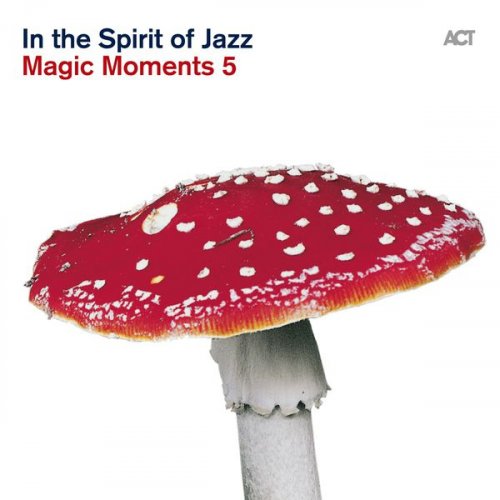
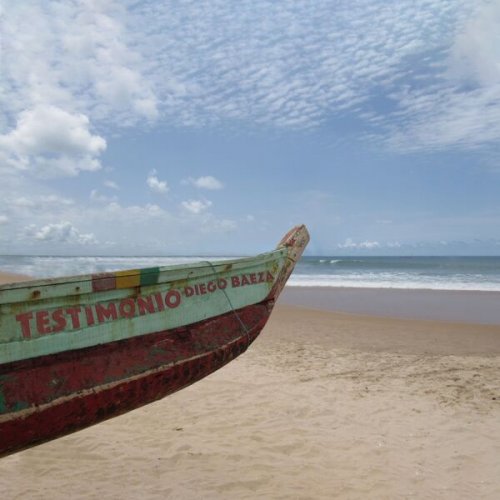
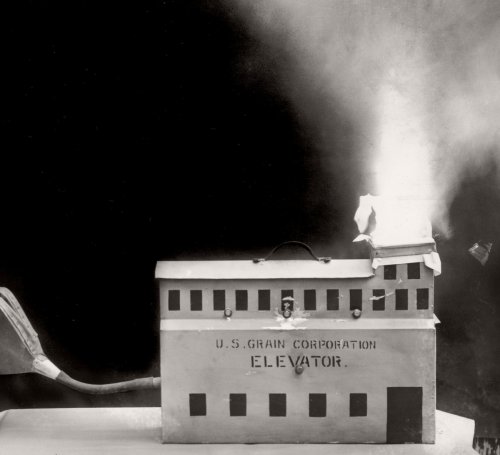
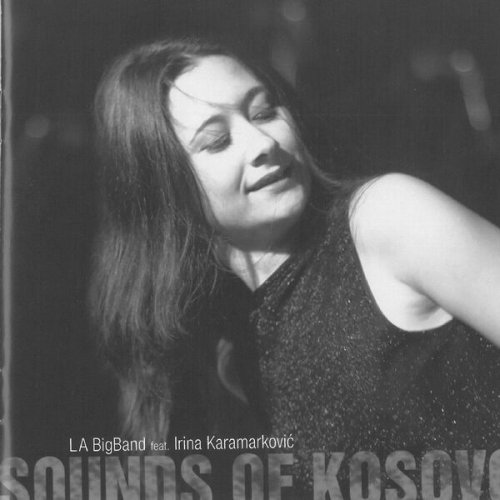
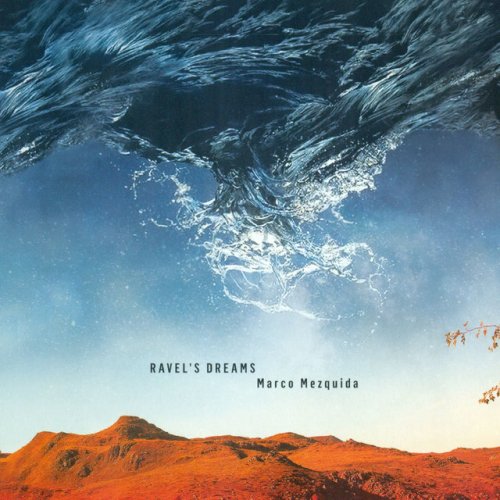
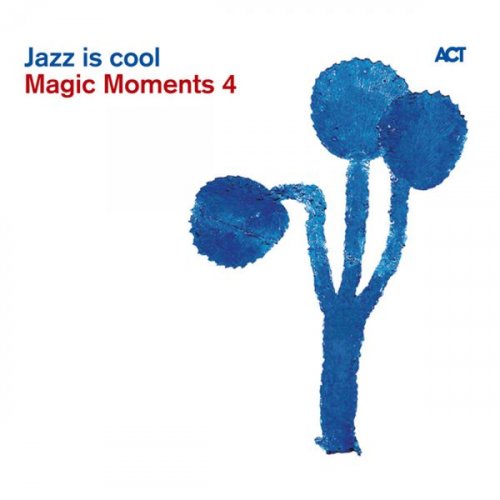
![Mantovani & His Orchestra - The Greatest Gift Is Love (1975/2026) [Hi-Res] Mantovani & His Orchestra - The Greatest Gift Is Love (1975/2026) [Hi-Res]](https://www.dibpic.com/uploads/posts/2026-02/1771524770_cover.jpg)
